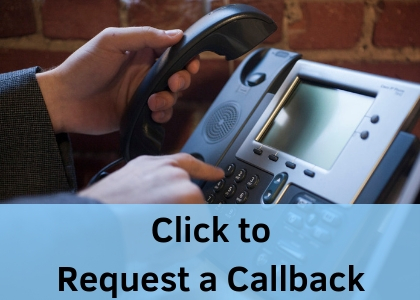Frequently asked Questions
Welcome to our Questions and Answers Section where you can inform yourself of some of the issues around Hard Water.
- Why does our water get hard?
- Can you drink softened water?
- Can you use softened water in a dishwasher?
- Can you water the garden with soft water?
- Will installing a water softener affect my water rates?
- How long does it take to remove the scale when you start using softened water?
- Where does all the scale inside your pipes go after you fit a water softener?
- Will softened water cause leaks in my pipes?
- Iíve heard that softened water has a slippery feeling. Is this true?
- How long will the resin in my water softener remain effective?
- Can I take my softener with me when I move?
- Other Questions?
Why does our water get hard?
Rainwater is naturally soft. It only becomes hard if it percultes through chalk and limestone and dissolves some of the minerals. So the kind of water you have depends on the surrounding geology and the source of your water supply - whether it is river or ground water. Most of Ireland has hard water.
Hard water causes problems mainly because it forms scale in pipework and, particularly, hot water tanks and machinery. It may also be a problem where it causes the excessive use of detergents.
Scale also collects in your water heating system with symptoms such as sludge, noisy radiators, reduced flow and efficiency. Eventually your entire heating system will have to be replaced as it will become so inefficient. The same goes for appliances such as kettles, showers and washing machines. Hard water is actially costing you hard-earned money!
Hardness salts can be removed by "softening", a well-proven and reliable technology. The water is passed through an ion-exchange bed which removes the calcium by exchanging it for Sodium (which doesn't cause scale).
This is a relatively cheap process as the sodium is provided by common salt.
Return to Top
Can you drink softened water?
Yes, all healthy people can drink softened water. Itís recommended, however, that babiesí milk feed is prepared with untreated water and that people on a strict low-sodium diet should not drink softened water. A separate hard water tap is usually fitted at the sink to give people the choice.
Return to Top
Can you use softened water in a dishwasher?
Yes. Just set the water hardness indicator on the dishwasher to 0 and youíll no longer need to put any salt into the machine.
Return to Top
Can you water the garden with soft water?
Yes, as there would be no particular benefit from the softened water it would be very wasteful, so itís usual to retain a separate, hard-water garden tap.
Return to Top
Will installing a water softener affect my water rates?
No. The water thatís goes to drain during regeneration is more than compensated for in using less softened water for washing, rinsing and cleaning.
Return to Top
How long does it take to remove the scale when you start using softened water?
Six weeks from a kettle.
Six months from a heat exchange.
Up to two years from your pipework.
Return to Top
Where does all the scale inside your pipes go after you fit a water softener?
As softened water goes into the pipe, it starts to gradually dissolve the hardness. Only a tiny amount of dissolved hardness is in the softened water at any time Ė so performance is not affected. (Hard water contains 300 parts per million hardness minerals. Softened water has zero hardness minerals. Softened water removing scale from pipes contains 10 Ė 15 parts per million of hardness minerals.)
Return to Top
Will softened water cause leaks in my pipes?
Softened water will not affect the pipes or joints themselves.
Return to Top
Iíve heard that softened water has a slippery feeling. Is this true?
Some people report a Ďslipperyí feeling when they first have a softener, simply because they have forgotten to reduce the amount of soap they use. So, itís important to remember to reduce the amount of soap, detergent and cleaner you use by 50%.
Return to Top
How long will the resin in my water softener remain effective?
More than ten years is virtually guaranteed but 20 years is not impossible. A modern softener will not need a resin change during its normal lifetime.
Return to Top
Can I take my softener with me when I move?
Yes. A modern softener is easy to isolate from the mains supply, disconnect and then re-plumb in your new home.
Return to Top
Other questions?
If you have any other questions or would like more information on some of the answers here, don't hesitate to contact us.
Return to Top


 Home
Home